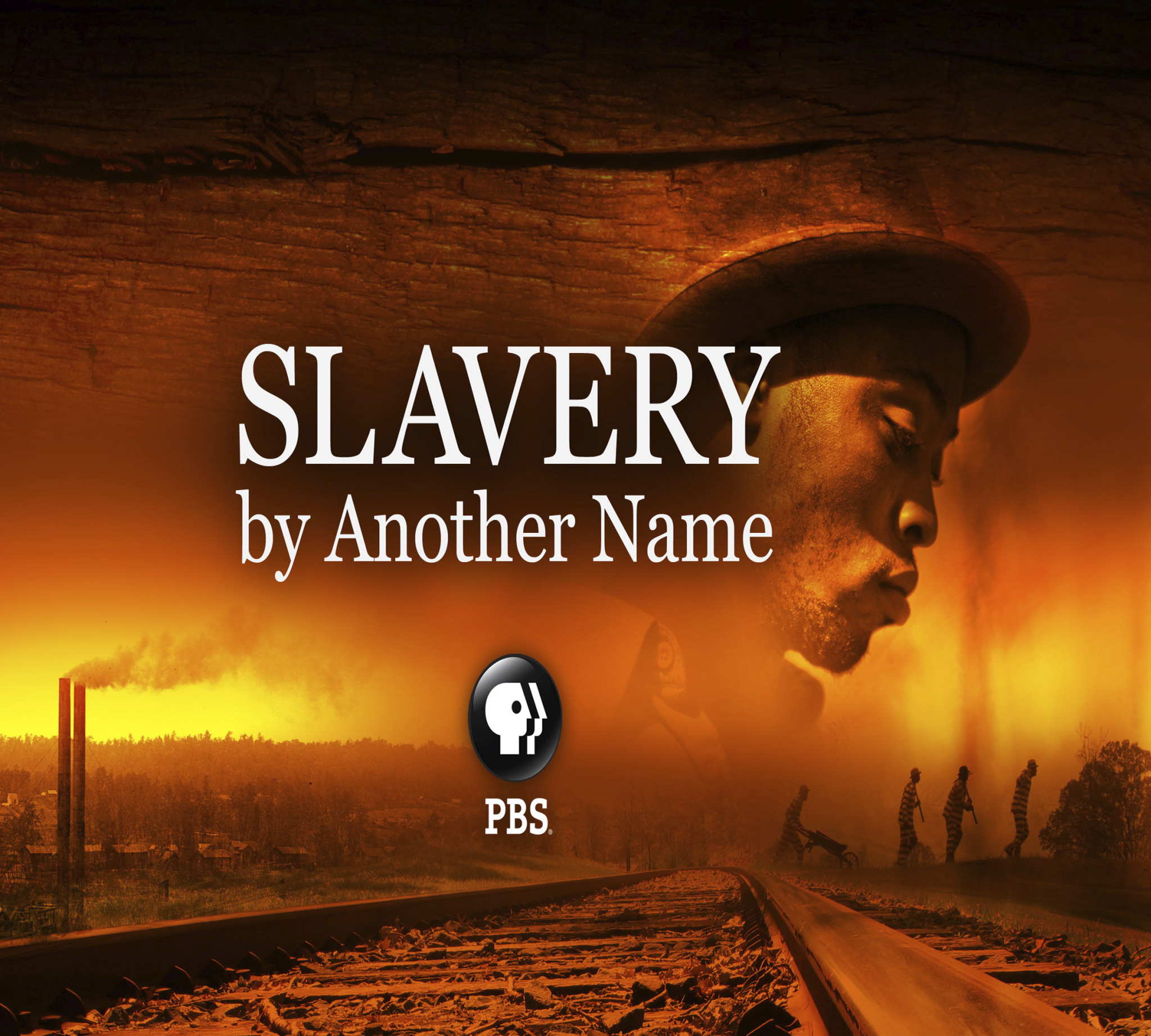On Monday, February 9, Dr. Spencer Crew presents the Humanities Forum “Panel Discussion on ‘Slavery by Another Name.” The event will take place at 4:30 p.m. in the Albin O. Kuhn Library Gallery.
 The film Slavery By Another Name explores a reality that often went unacknowledged: a huge system of forced, unpaid labor, mostly affecting Southern black men, that lasted from the 1800s until World War II. Based on the Pulitzer-Prize-winning book by Douglas Blackmon, the film Slavery By Another Name tells the story of black men who were forced to work as convict laborers in factories, mines, and farms. These men were bought, sold, and abused by law enforcement officers who cited regulations against vagrancy, loitering, or walking near railroads. These ‘black codes’ were laws that essentially re-enslaved blacks; many former slaves and their descendants were not free in reality. These laws existed despite the promise of the Emancipation Proclamation, the Thirteenth Amendment, and the Confederate defeat in the Civil War. Although Congress enacted the Fourteenth Amendment (enshrining birthright citizenship and equal protection of the law) in 1868 and the Fifteenth Amendment (guaranteeing the right to vote for all men regardless of race) in 1870, Southern communities ignored these federal mandates. The film includes interviews with the descendants of victims and perpetrators. Panelists will discuss the film and what it suggests about life in America today.
The film Slavery By Another Name explores a reality that often went unacknowledged: a huge system of forced, unpaid labor, mostly affecting Southern black men, that lasted from the 1800s until World War II. Based on the Pulitzer-Prize-winning book by Douglas Blackmon, the film Slavery By Another Name tells the story of black men who were forced to work as convict laborers in factories, mines, and farms. These men were bought, sold, and abused by law enforcement officers who cited regulations against vagrancy, loitering, or walking near railroads. These ‘black codes’ were laws that essentially re-enslaved blacks; many former slaves and their descendants were not free in reality. These laws existed despite the promise of the Emancipation Proclamation, the Thirteenth Amendment, and the Confederate defeat in the Civil War. Although Congress enacted the Fourteenth Amendment (enshrining birthright citizenship and equal protection of the law) in 1868 and the Fifteenth Amendment (guaranteeing the right to vote for all men regardless of race) in 1870, Southern communities ignored these federal mandates. The film includes interviews with the descendants of victims and perpetrators. Panelists will discuss the film and what it suggests about life in America today.
Dr. Spencer Crew is the Robinson Professor of American, African American, and Public History at George Mason University. He has served as president of the National Underground Railroad Freedom Center and as director of the National Museum of American History, Smithsonian Institution.
For more information, click here.
*The film Slavery By Another Name will be screened at 12 p.m. on February 2nd and 4th in the Albin O. Kuhn Library Gallery.
Sponsored by the Africana Studies Department; the Albin O. Kuhn Library and Gallery; the Dresher Center for the Humanities; and the National Endowment for the Humanities, Created Equal: America’s Civil Rights Struggle.
Tags: AfricanaStudies, CAHSS
